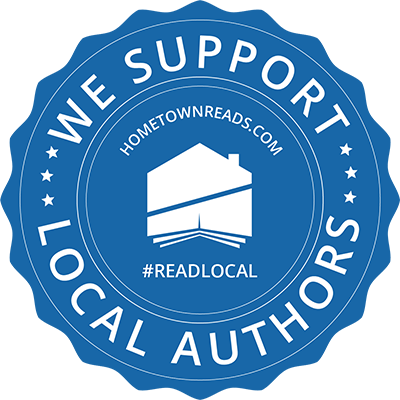I’ve been an editor for over twenty-five years, and writers ask me all the time how they can become a better writer. It’s simple, and any pro writer or editor will probably say the same thing: read and write.
Like you’re told as a teen when learning a new skill such as playing a musical instrument, you need to practice your skill of creating stories by actually writing. Practice, practice, practice. Write, write, write. Practice every day, and if you need a day off from writing because it does take a lot of energy to create from scratch, then write 6 days a week and take 1 day off to recharge.
When not writing, read other authors’ books in the genre you write in but also in genres you don’t write. Let those authors inspire you with their creativity, stories, and unique ideas. Read how they stretch their limits and discover how they immerse their readers.
So many things happen while you’re reading: 1) You are internalizing how the characters come alive on the screen in front of you. They become flesh and blood to you, and you begin to hear their voices, see their actions, and how they interact with other characters. 2) As you read stories, you empathize with those characters and learn the tropes of that genre. 3) You are entertained, and maybe you might just smile while reading verses stressing about the next page you need to write. 4) If the story has really engrossed you, you might think about these characters and their stories while you’re doing mundane household tasks. This will get kickstart your brain, get it engaged, and help you brainstorm ideas for your own stories.
Please do not mistake these tips for stealing or plagiarizing another author’s work. That is not what is meant here at all. Never ever use another author’s words in your own work. It is not an ethical practice. Instead, use reading as a way to decompress and get inspired by the pros. Using my music analogy, as kids we might listen to the Chicago Symphony Orchestra but it takes years to be able to play like those musicians.
Which books should you read? Anything and everything that interests you. If you’re like most writers, you also have a love for reading. If you’re still discovering reading, check out the following authors and their books.
For action scenes, you might enjoy: R.A. Salvatore’s novels (Drizzt’s stories), Terry Odell’s Blackthorne series, Charles DuPuy’s E.Z. Kelly series, or D.M. Herrmann’s John Henry Chronicles series.
For series family characters in a romance: Johanna Lindsey’s Malory novels or Barbara Raffin’s St. John Sibling series.
For a unique voice in a memoir: Dallas H.’s Shaking the Family Tree, Carolyn Redman’s News From Lake Boobbegone, How Steve Became Ralph by Steve Buechler, or Bruce Kirkpatrick’s Lumberjack Jesus.
For poetry that tells a story: Under the Shade of the Banyan Tree by Simi K. Rao, Poetry and Ponderings by Diamante Lavendar, or Kaleidoscope by Dallas Hembra.
For characters that stretch their limits: Katharine Nohr’s Tri-Angles series, Paul Lisnek’s Assume series, or Gini Athey’s Wolf Creek series.
For historical fiction: Margaret Mitchell’s Gone With the Wind, Sara’s Sacrifice by Flo Parfitt, or Callie Trautmiller’s Becoming American.
For law enforcement/prison topics: Try Scorpion Wind by Joseph Mosca or Prison Clown by Richard Keith.
For tips on writing like a pro: On Writing by Stephen King, Telling Lies for Fun and Profit by Lawrence Block, or Spider, Spider Spin Me a Web, also by Lawrence Block. (Find authors who speak to you and your own personal needs in their nonfiction voice.)
I’ll keep adding to this list periodically, so keep checking back. You can also ask your local librarian for suggestions in the genre that you want to learn more about reading. Enjoy, and remember practice, practice, practice writing!





